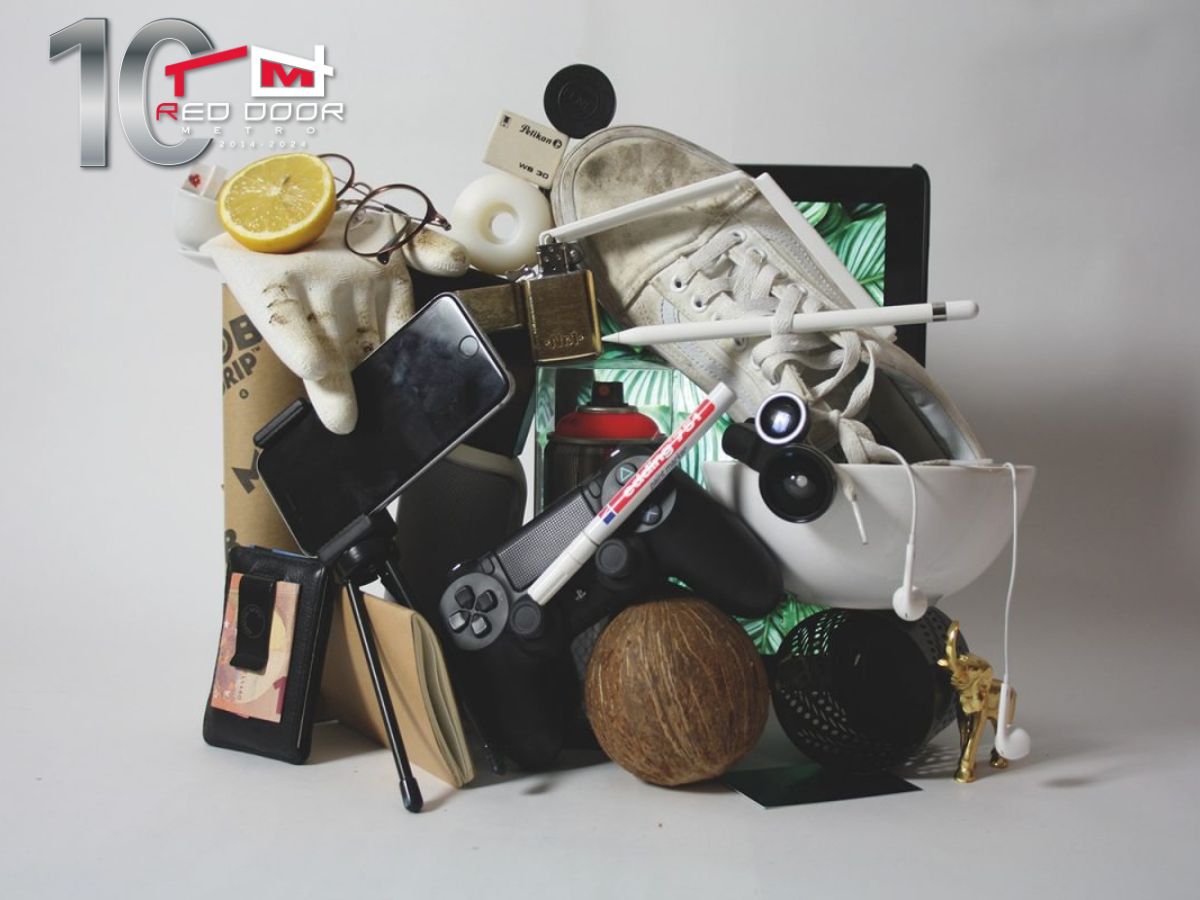
What is Chattel?
When you buy a home, you’re not just purchasing the building itself. You’re also acquiring anything that’s not permanently attached to the property. These movable items are called “chattel.”
Examples of Chattel
Here are some common examples of chattel in real estate:
- Appliances: Things like refrigerators, dishwashers, and washing machines are often considered chattel unless they’re built-in.
- Furniture: Any movable furniture, like sofas, tables, and chairs, falls under chattel.
- Electronics: TVs, sound systems, and home theater equipment are also considered chattel.
- Decorations: Items like curtains, blinds, and light fixtures that can be easily removed are chattel.
- Personal Belongings: Clothes, kitchenware, and other personal items belong to the category of chattel.
Difference Between Chattel and Real Property
It’s essential to understand the difference between chattel and real property, also known as real estate:
- Chattel: These are movable items that are not permanently attached to the land or building. You can take them with you when you move.
- Real Property: This includes the land and anything permanently attached to it, such as buildings, fences, and trees.
Importance of Chattel in Real Estate
Understanding chattel is crucial for both buyers and sellers:
- Buyers: Knowing what chattel comes with the property helps buyers understand what they’re getting for their money.
- Sellers: Sellers need to disclose what chattel is included in the sale to avoid misunderstandings and ensure a smooth transaction.
Handling Chattel in Real Estate Transactions
When buying or selling a property, it’s essential to address chattel:
- Inclusions and Exclusions: The purchase agreement should clearly specify which chattel items are included in the sale and which are not.
- Inventory List: Creating an inventory list of chattel items included in the sale can prevent disputes later on.
- Condition of Chattel: Buyers should inspect the condition of chattel items to ensure they’re in good working order before finalizing the purchase.
- Legal Advice: It’s advisable for both parties to seek legal advice to understand their rights and obligations regarding chattel in the real estate transaction.
Conclusion
Chattel plays a significant role in real estate transactions, as it encompasses movable items associated with a property. By understanding what constitutes chattel and how it differs from real property, buyers and sellers can navigate real estate transactions more effectively. Properly addressing chattel ensures a smoother process and helps avoid misunderstandings between parties involved.